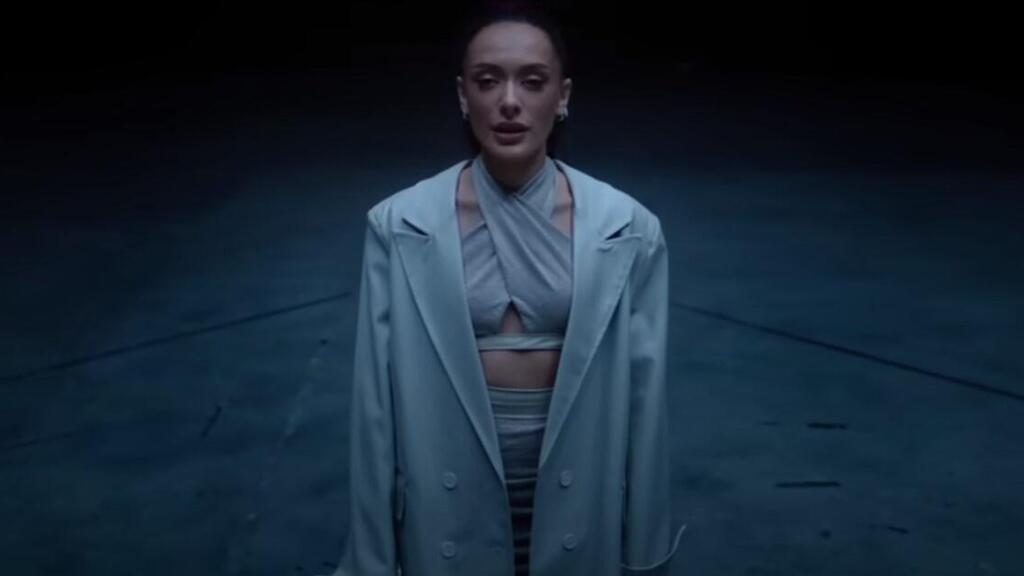Getting your Trinity Audio player ready...
The drama surrounding Israel's entry for Eurovision 2024 seems far from over, and could remain that way until Israel's representative, Eden Golan, takes the stage in Malmo, Sweden in May with the song "Hurricane."
Read more:
Over the weekend, stylist Itay Bezaleli shared a video on his TikTok account addressing the analysis by TikToker Shira Danino, who pointed out "what was hidden from us in Eden's Eurovision clip."
Bezaleli said that he liked Danino's interpretation but did not directly address the matter, even when approached by Ynet. Bezaleli is the regular costume designer for Israel's Eurovision contestants and has been responsible for the memorable outfits of Netta Barzilai (2018) and Noa Kirel (2023) for Eurovision.
Danino sought and found signs related to the October 7 massacre, interpretations, and visual cues reflected in the singer's costume choices. For example, the collar tie of Golan's bodysuit reminded her of the symbol for bringing home the hostages. Another sign appeared on a tiny belly top with a hole in the center resembling a gunshot.
Furthermore, she pointed out that, at the beginning of the song, the dancers and Golan wear white clothes in the video ("After all, Simchat Torah"), which also contrasts with the white celebrations on the kibbutz lawns, and in the end, they switch to black clothes ("symbolizing mourning and the pain we transitioned from the holiday to the war").
Danino invited followers to add their interpretations in the comments, and some have already pointed out the orange sun as a reference to the red-haired Bibas children who are still held captive by Hamas terrorists in Gaza.
Whether the visual messages were deliberate or coincidental, the search for messages in clothing has divided Israelis since October 7, splitting the world into two camps: for Israel and against it. Those who happened to post a photo wearing blue and white clothes are considered supporters, while symbols in the colors of green, black, red and white, associated with the Palestinian flag, are seen as opposing Israel.
The situation reached absurdity with calls to boycott brands, websites and fashion brands like Zara, ASOS, and others, following the appearance of colorful campaigns and packages sent to Israel, including a campaign photographed in an art studio with sculptures and the model Kristen McMenamy, reminding pro-Palestinian activists of bodies pulled from rubble in Gaza.
First published: 23:42, 03.17.24




